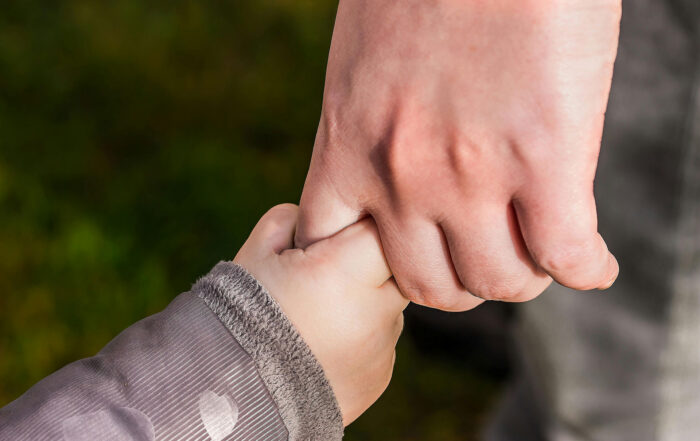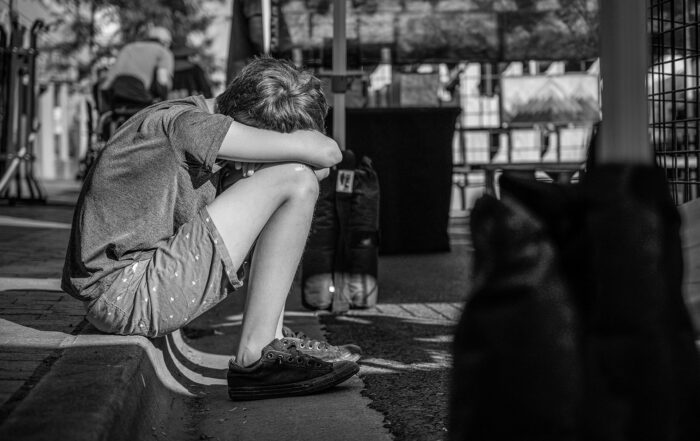
By Benjamin E. Saunders, PhD and Zachary W. Adams, PhD
The epidemiology of traumatic experiences in childhood is a key context for research, clinical treatment, program management, and policy development. This article discusses the conceptual, methodological, and programmatic challenges in precisely answering even relatively simple questions concerning the basic prevalence and incidence of important trauma types among American youth. Findings from studies using nationally representative samples and directly interviewing youth about their trauma histories are reviewed, and lifetime prevalence rates for various types of traumatic experience presented. Clinical application of this information and future directions are discussed.
Understanding the epidemiology of traumatic experiences in childhood is critical to conducting meaningful trauma research, developing effective trauma services and service delivery systems, and efficiently allocating resources for both activities. Without an understanding of the basic topography of these events in the lives of youth, there is a danger of over focusing on extraordinary, emotionally gripping, or highly visible types of events and overlooking less obvious or dramatic, but perhaps highly significant forms of trauma…
Share This Post!
Associations between Adverse Childhood Experiences and Measures of Poor Sleep Health in Adulthood
Source: ResearchGate Background: Sleep health is a multidimensional concept that plays a critical role in both physical and mental well-being. While there is evidence to suggest that sleep health may be linked [...]
Childhood trauma changes how the brain processes caregiver cues
Source: PsyPost For most young children, the sight and voice of a parent serve as a primary source of comfort and safety. A new study suggests that for children who have experienced interpersonal [...]
Child abuse and eating disorder symptoms: Shedding light on the contribution of identification with the aggressor
Source: ScienceDirect Childhood abuse has been increasingly recognized as a risk factor for eating disorder symptoms. Additionally, it has been demonstrated that childhood abuse may lead to identification with the aggressor, an automatic [...]
Can the positive buffer the negative? Testing the impact of protective childhood experiences on adjustment in adults following trauma exposure
Source: National Library of Medicine It is unclear if protective childhood experiences (PCEs), like emotional support and economic stability, exert influence on adulthood adjustment. Prior research suggests PCEs can promote childhood resilience through [...]
Complex Trauma Effects
Source: The National Child Traumatic Stress Network (NCTSN) Children whose families and homes do not provide consistent safety, comfort, and protection may develop ways of coping that allow them to survive and function [...]
Trauma-Informed Organizations
Source: The National Child Traumatic Stress Network (NCTSN) Part 2 provides a broad overview of how to create and implement an institutional framework for trauma-informed services in program delivery and staff development, policies [...]







